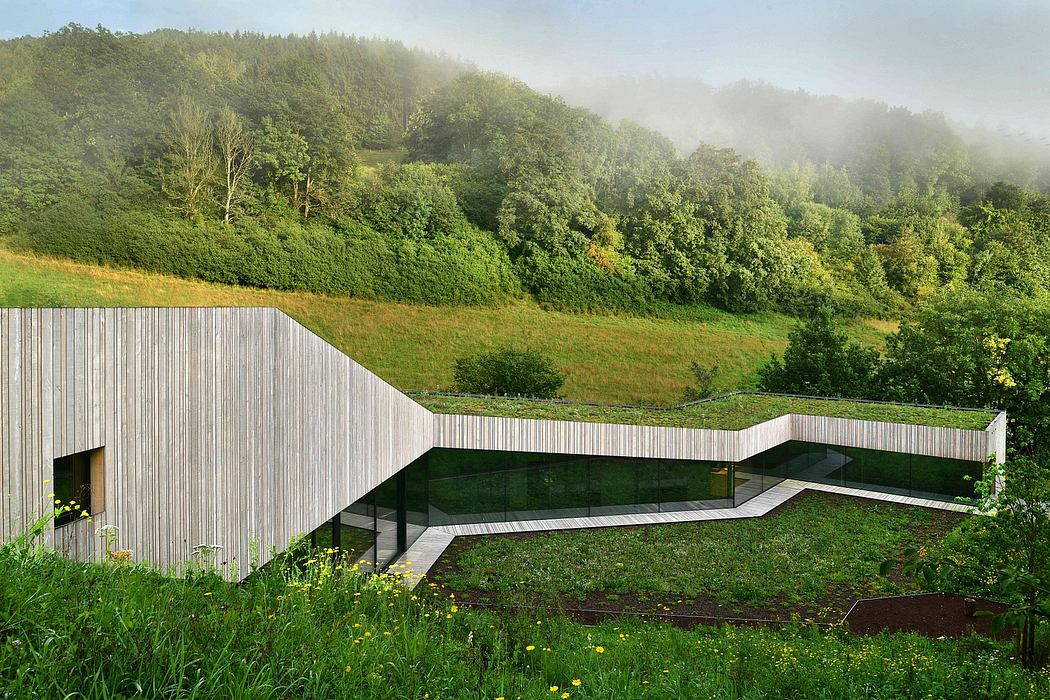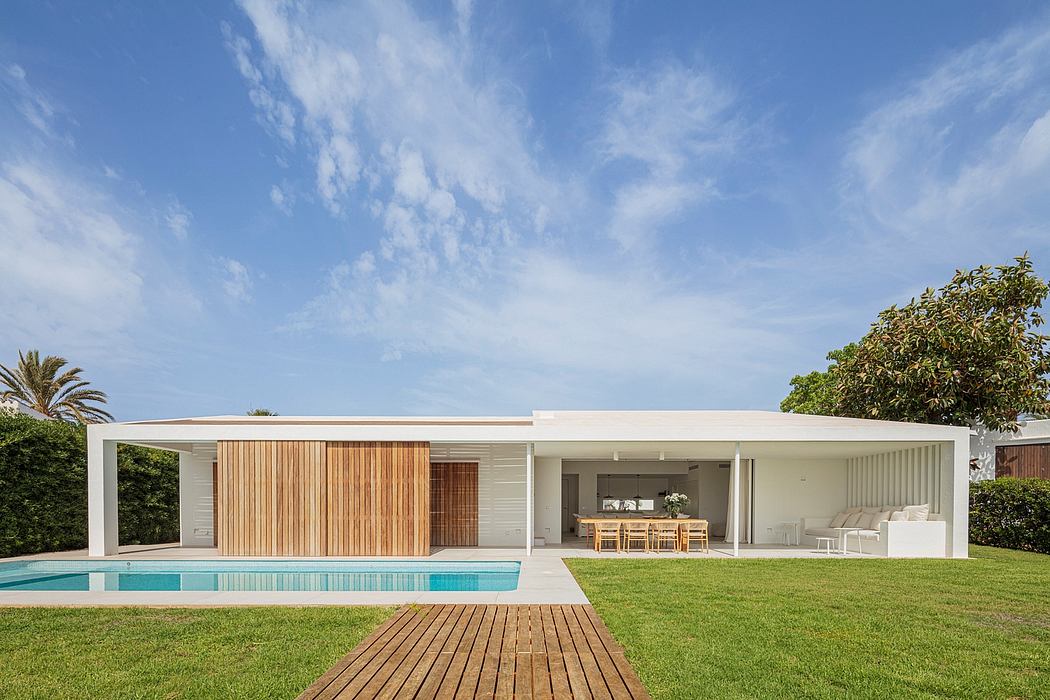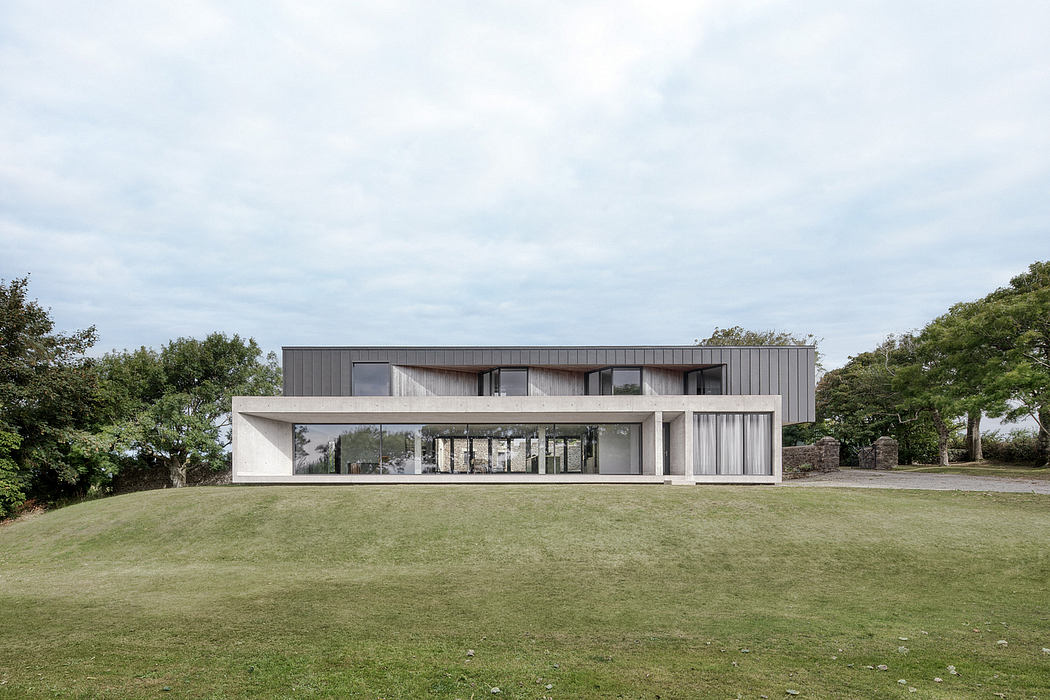Crowdfunding the skyscraper

Can a new model for real estate investment help spread the wealth" The commercial real estate developer Rodrigo Niño has a problem with commercial real estate development. The immense amount of wealth it generates, he argues, falls into the hands of too few people. People like him.
Niño?s sitting in the corner office of the New York headquarters of Prodigy Network, his 50-person company with offices in Miami, Buenos Aires, and his native Bogotá, Colombia. He?s been developing real estate since the early 1990s, and by all appearances has made a successful go of it. But he?s also an unusually reflective real estate mogul. He sees that sometimes the success of one comes at the expense of others, and he wants that to change. ?The idolization of capital has created greed and mistrust between people,? he says. ?We need a revolution of unity, a revolution of oneness.?
The problem, he says, traces back to the passage of the Securities Act of 1933, a U.S. law that, among other provisions, drew a hard line between investment opportunities offered to the public and those offered to an accredited group of private investors. Private offerings were allowed to be significantly more valuable than public ones, and that select group of accredited investors was empowered to reap the rewards. Think of a startup: A venture capitalist could invest an unlimited amount in a company like Google, while an individual could buy far fewer shares on the regulated stock market, and only on...
| -------------------------------- |
| Carme Pinós in conversation with Naomi Milgrom | Virtual Design Festival x MPavilion | Dezeen |
|
|












